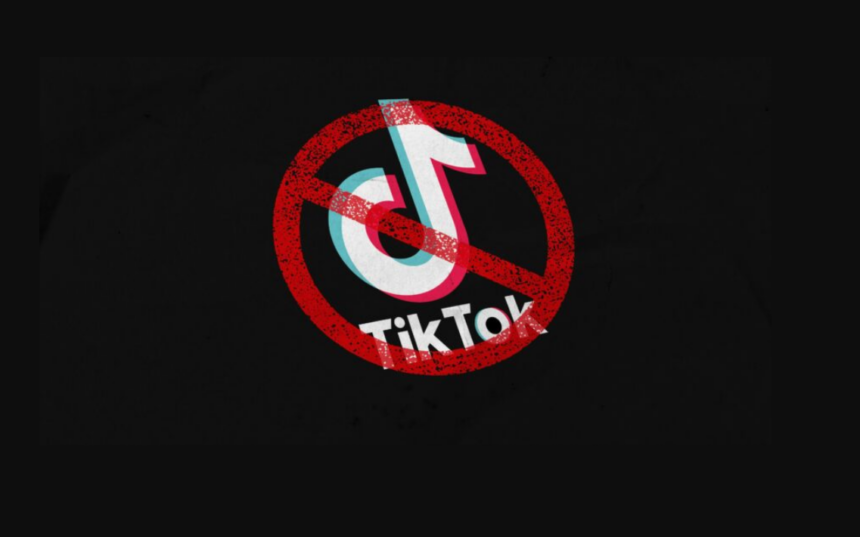The Kosovo government announced on Friday that government institutions would be banned from using the popular social media app TikTok, citing significant security risks. This move is part of a growing global trend where governments are increasingly wary of the potential threats posed by the China-based app.
Prime Minister Albin Kurti’s office released a statement emphasizing the need for stringent measures to ensure national security. “All public institutions that own and administer state communication networks are obliged to impose the necessary technical restrictions to stop the operation of the services of the social network ‘TikTok’ in official workplaces,” the statement read. The primary reason given for the ban was the “cyberthreats” believed to emanate from the app.
In addition to banning the use of TikTok within government institutions, the new policy mandates that employees delete the app from their work phones and other official devices. This comprehensive approach aims to eliminate any potential vulnerabilities that could be exploited through the app.
This move by Kosovo aligns with actions taken by other governments worldwide, including the United States. Earlier this year, the US government issued an ultimatum to TikTok, demanding that it separate from its Chinese owner, ByteDance, or face a complete ban. US lawmakers have raised concerns that TikTok could be used by the Chinese government for espionage and propaganda, given its ownership by ByteDance.
The ban in Kosovo underscores the increasing scrutiny and cautious approach that governments are adopting towards TikTok due to fears that personal data could be accessed by Chinese authorities. As cybersecurity concerns grow, more countries may follow suit in implementing similar restrictions to protect their national interests.






